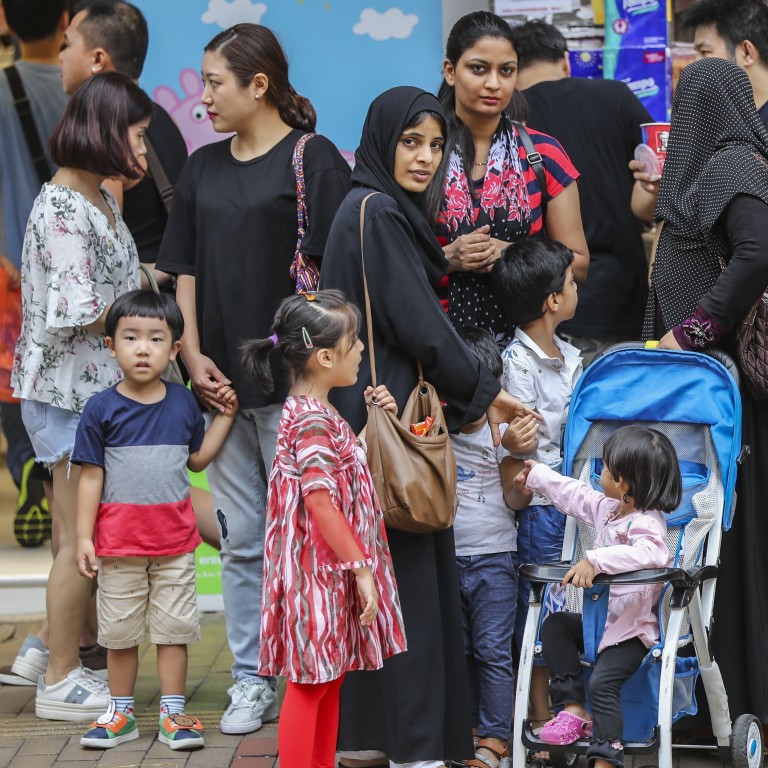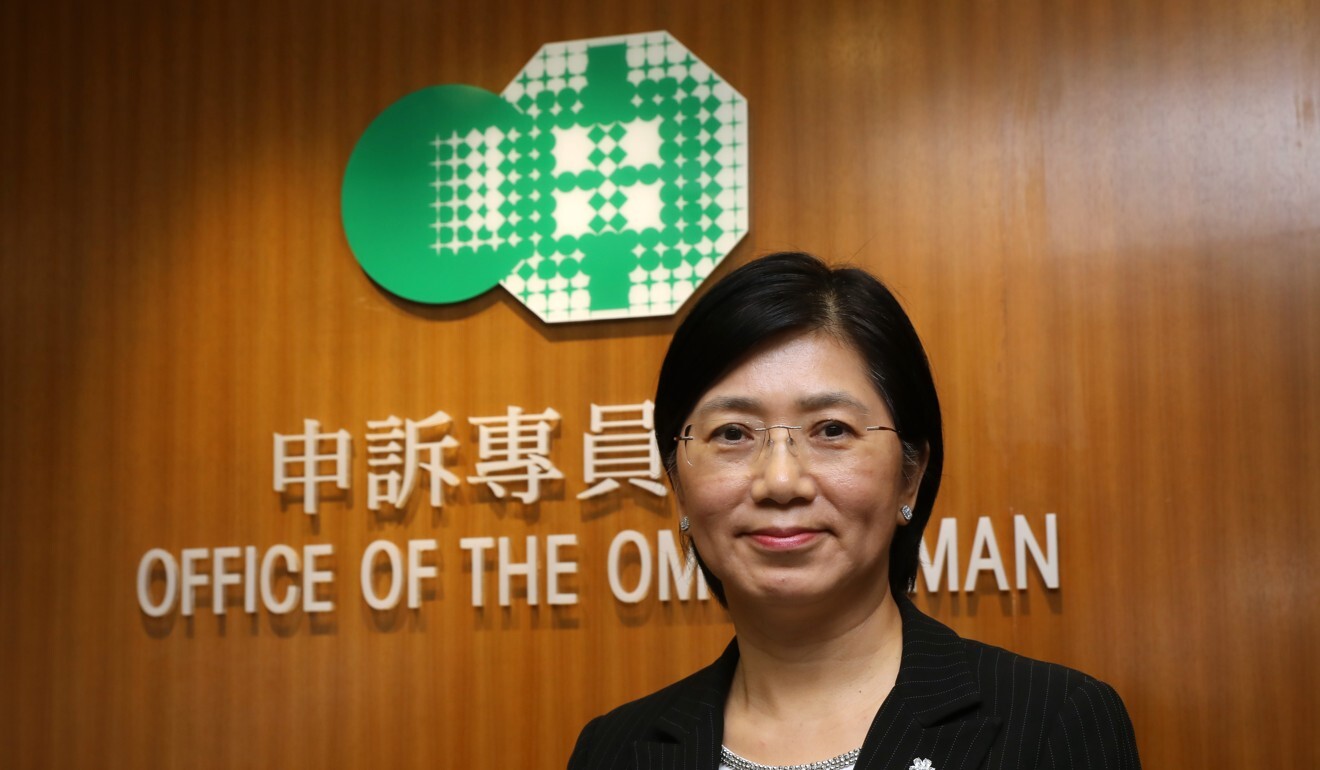
Hong Kong ombudsman to assess quality of government’s interpretation services for ethnic minority groups
- Ombudsman Winnie Chiu says her office will investigate how the government can improve its arrangements for hiring interpreters
- The office says interpreters should attain recognised qualifications and skills to ensure both people’s rights and the government’s operational efficiency
Hong Kong’s ombudsman will investigate the quality and practices of the government’s contracted interpretation services for various ethnic minority groups, as authorities have yet to set unified benchmarks for hiring interpreters.
Ombudsman Winnie Chiu Wai-yin announced the launch of the probe on Monday, saying her office would investigate how the government could improve its arrangements for hiring interpreters.
“Hong Kong is a multicultural society committed to forging the inclusion of people of diverse races and languages,” she said.
“I hope this investigation can prompt the government to improve its arrangements for engaging interpreters for foreign languages and Chinese dialects, boost its administrative efficiency and strengthen the monitoring of the quality of interpretation services.”

According to the government’s guidelines for the promotion of racial equality, all government bureaus and departments as well as public organisations that deliver services to people of various races have a duty to provide those in need with appropriate interpretation services.
The government watchdog pointed out that the aim of the policy was to ensure people of different races and languages enjoyed equal access to public services and effective delivery of those services.
At present, apart from the provision of the interpretation services offered by the Centre for Harmony and Enhancement of Ethnic Minority Residents, commissioned by the Home Affairs Department, other bureaus and departments also procure their own interpretation services in foreign languages and various Chinese dialects to fit their own operational needs.
Academic marginalisation of ethnic minority groups increases amid pandemic
The Office of the Ombudsman said it was vital for interpreters to attain recognised qualifications and have interpretation skills of a certain level to ensure the rights and interests of people who only speak foreign languages or other Chinese dialects were protected. The office said qualified interpreters would also enhance the government’s operational efficiency.
“The government has not compiled information about interpreters for foreign languages and Chinese dialects (other than Mandarin and Cantonese) for hiring by bureaus/departments and various public organisations,” it said.
“The qualification requirements for such interpreters are not uniform across the government.”

The office said its preliminary inquiries found that several law enforcement departments would refer to the judiciary’s registered list of part-time court interpreters while looking for foreign language and Chinese dialect interpretation services.
But it pointed out that the judiciary had stopped sharing the list with other parties since August 2018.
“This office is of the view that it is time-consuming and resource-intensive for bureaus/departments and related public organisations to source and procure interpretation services from outside on their own. Furthermore, there is hardly any guarantee as to the standard of interpreters,” it said.
Mandy Cheuk Man-po, project manager of Hong Kong Unison, an NGO that works on upholding the rights of different ethnic minority groups, welcomed the investigation, saying it could identify various existing inadequacies and serve to enhance the quality of the services and their access to those in need.
Hong Kong’s ethnic minority leaders slam government over handling of outbreak
She also called for the inclusion of Cantonese as one of the interpretation languages.
“Many NGOs are not aware of the interpretation services the government and the Hospital Authority have adopted, making it difficult for members of ethnic minorities to get access to these services,” she said.
“Many service providers such as NGOs and local schools use Cantonese, so we hope the government could include Cantonese in the interpretation services.”
Cheuk said many members of ethnic minorities were concerned about the quality of the interpretation services they received, and the training standards for interpreters, including whether they are taught to abide by the confidentiality agreement.
“Since there’s a lack of unified standards about the interpreters’ training and delivery of services, the members of ethnic minorities have no way to know whether the interpretation they are receiving is accurate and whether their information will remain confidential. We hope the investigation will address these concerns,” she said.

